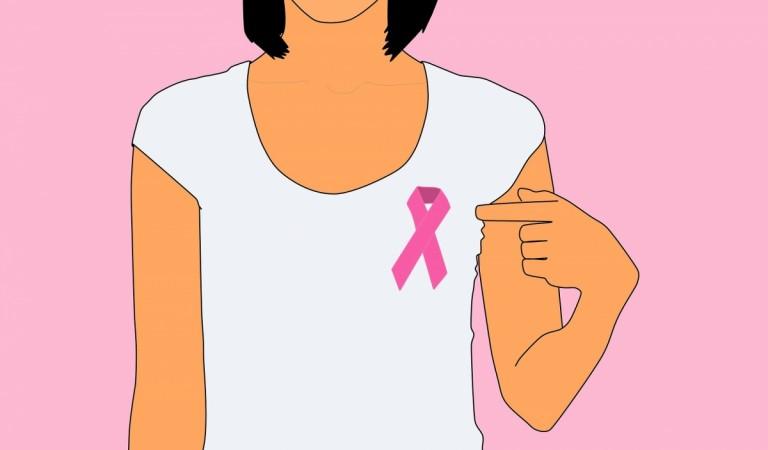
Obesity coupled with vitamin D deficiency in postmenopausal women may pose a significant risk of breast cancer -- the most common and leading cause of death in women, finds a study.
The findings showed that higher levels of vitamin D -- well known for its benefits in building healthy bones -- may reduce breast cancer mortality by 50 per cent in women with lower body mass index (BMI).
Vitamin D reduces cancer risk by inhibiting cell proliferation, the researchers said.
"This study suggests that higher levels of vitamin D in the body are associated with lowered breast cancer risk," said JoAnn Pinkerton, Executive Director at The North American Menopause Society (NAMS) in the US.
"Vitamin D may play a role in controlling breast cancer cells or stopping them from growing. Vitamin D comes from direct sunlight exposure, vitamin D3 supplements, or foods rich in vitamin D," Pinkerton added.
Reproductive risk factors such as early onset of puberty, late menopause, later age at first pregnancy, never having been pregnant, obesity, and a family history have all been shown to be associated with breast cancer development.
For the study, published in the journal Menopause, the team involved more than 600 Brazilian women.
They found that postmenopausal women had an increased risk of vitamin D deficiency at the time of their breast cancer diagnoses, associated with higher rates of obesity than women of the same age group without cancer.
The results showed that women in the highest quartile of vitamin D concentrations, in fact, had a 50 per cent lower death rate from breast cancer than those in the lower quartile, suggesting that vitamin D levels should be restored to a normal range in all women with breast cancer.

















